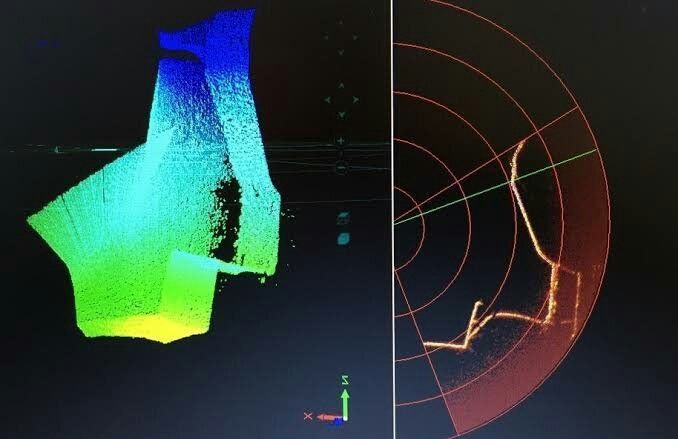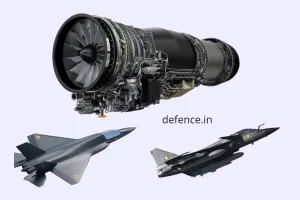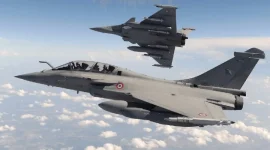- Views: 696
- Replies: 2

Larsen & Toubro (L&T), a leading Indian engineering and construction conglomerate, has joined forces with the Indian Institute of Technology Delhi (IIT-Delhi) in a significant technological collaboration.
Their mission: to develop an indigenous 3D scanning SONAR system specifically designed for underwater applications. This partnership aims to advance India's capabilities in underwater exploration and surveillance, marking a crucial step towards self-reliance in advanced marine technology.
The collaboration focuses on creating a cutting-edge 3D SONAR system that utilizes the latest advancements in acoustic technology to generate detailed three-dimensional images of underwater environments.
This technology has far-reaching applications, including underwater inspection, mapping, and navigation, with significant implications for the defence, oil and gas, and marine research sectors.
This project goes beyond mere hardware development. It involves significant advancements in signal processing and software algorithms. The SONAR system will employ innovative waveform designs and compressive sensing techniques to reduce hardware complexity while maximizing image resolution and quality. This approach not only lowers costs but also enhances the adaptability of the SONAR for various mission requirements.
This initiative is part of a broader effort by Indian institutions and companies to develop homegrown solutions for critical technologies, reducing dependence on foreign imports and bolstering national technological sovereignty.
Here are some key features of the SONAR system under development:
- High-resolution imaging: The SONAR is designed to provide high-resolution, three-dimensional images, enabling precise mapping of underwater structures and the detection of anomalies or objects even in murky waters where optical systems are ineffective.
- Integration with autonomous vehicles: A key focus is integrating this technology with Autonomous Underwater Vehicles (AUVs) provided by L&T, allowing the SONAR to operate autonomously in challenging underwater conditions.
- Rigorous testing: The development process includes rigorous testing phases, starting with controlled environments like IIT Delhi's underwater tank facility and culminating in real-world tests at L&T's offshore facility near Chennai. This ensures the SONAR's performance and reliability in diverse underwater scenarios.



